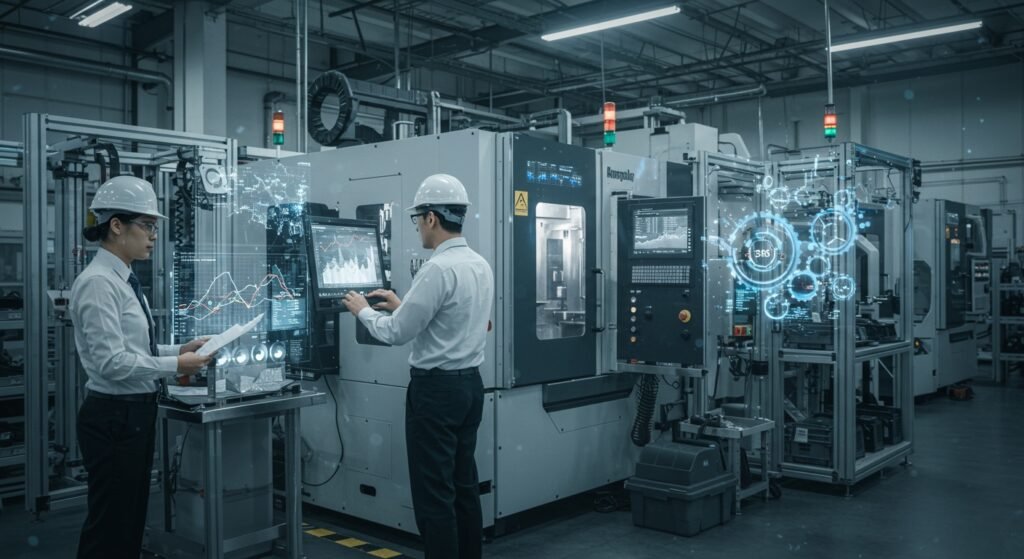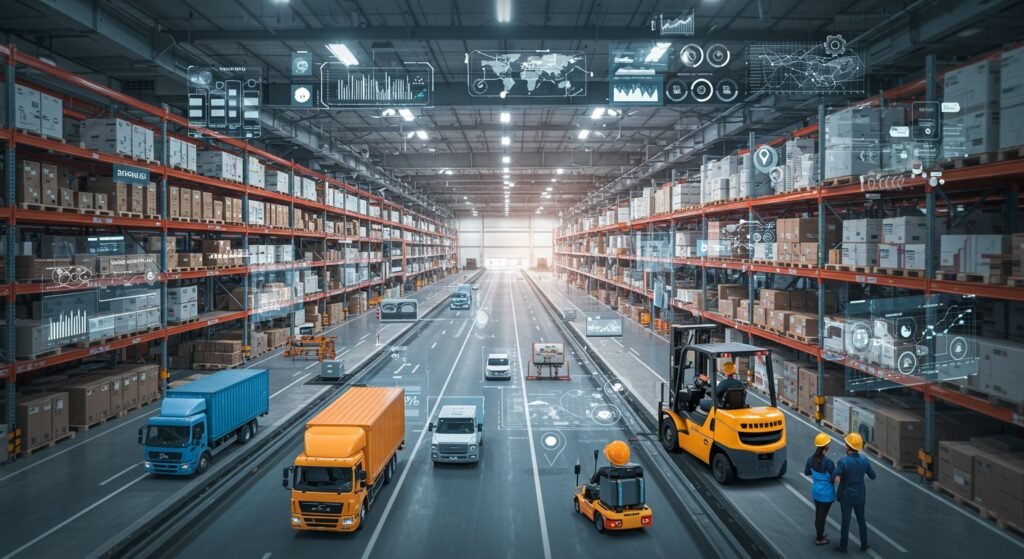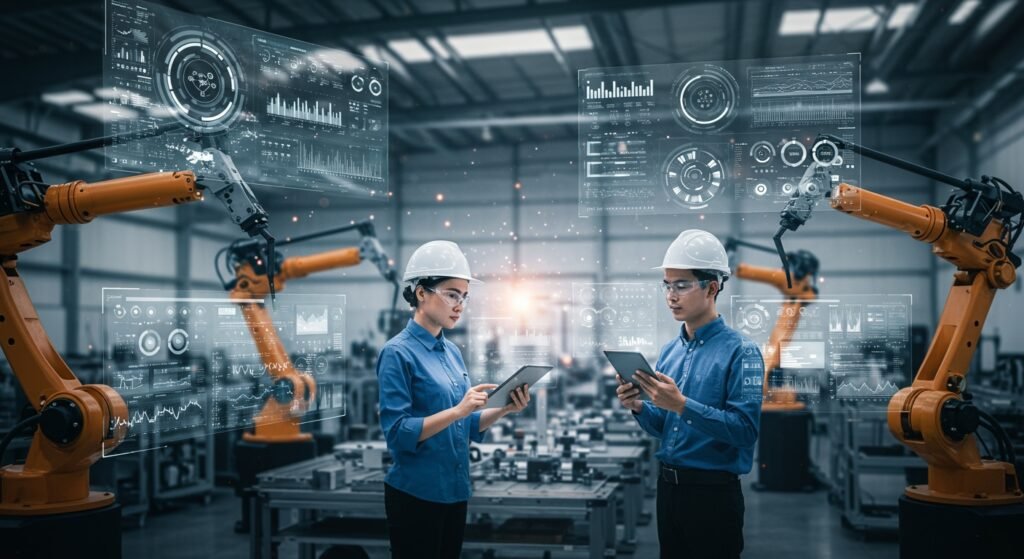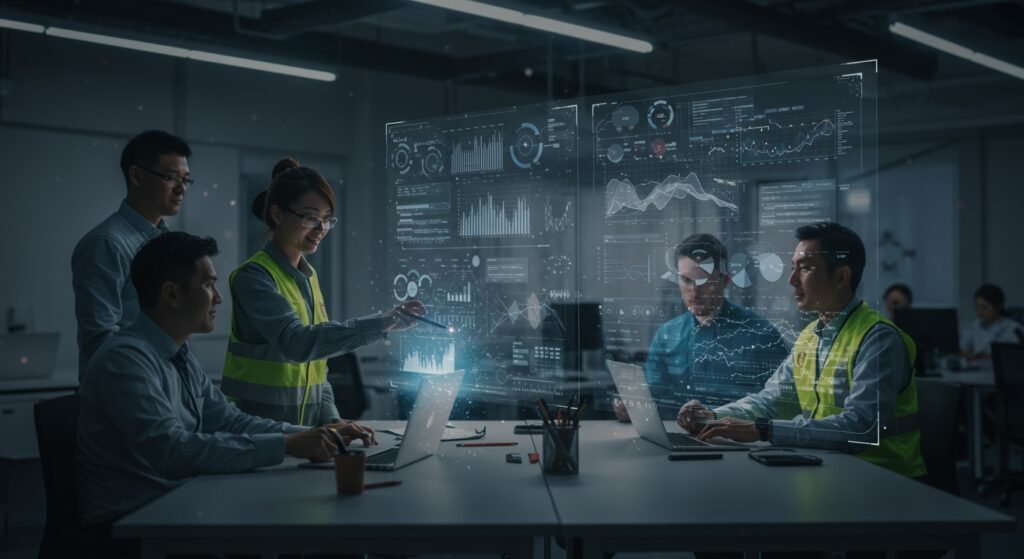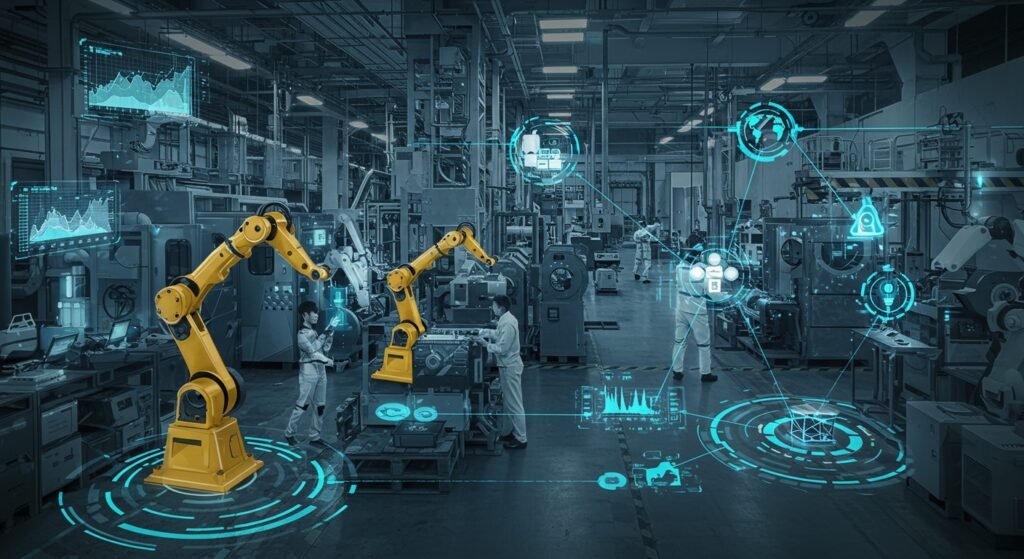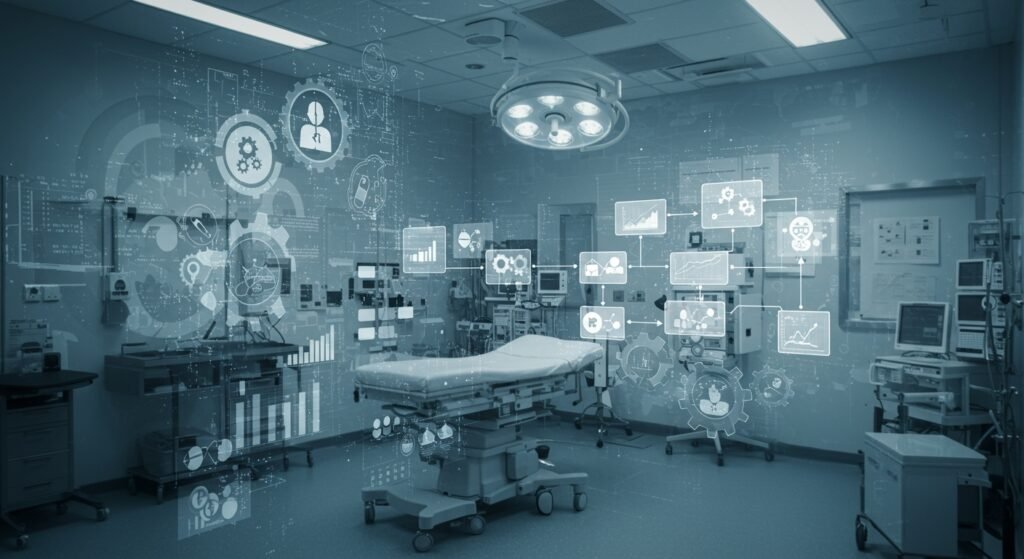Boost Competitiveness: 7 Ways Industrial Engineering Transforms Businesses
Introduction: The Power of Industrial Engineering In today’s fast-paced global market, achieving and maintaining competitiveness is paramount for any business. The key to unlocking this potential often lies within the strategic application of Industrial Engineering. More than just manufacturing, Industrial Engineering is a multidisciplinary field focused on optimizing complex processes, systems, and organizations. It’s about […]
Boost Competitiveness: 7 Ways Industrial Engineering Transforms Businesses Read More »
